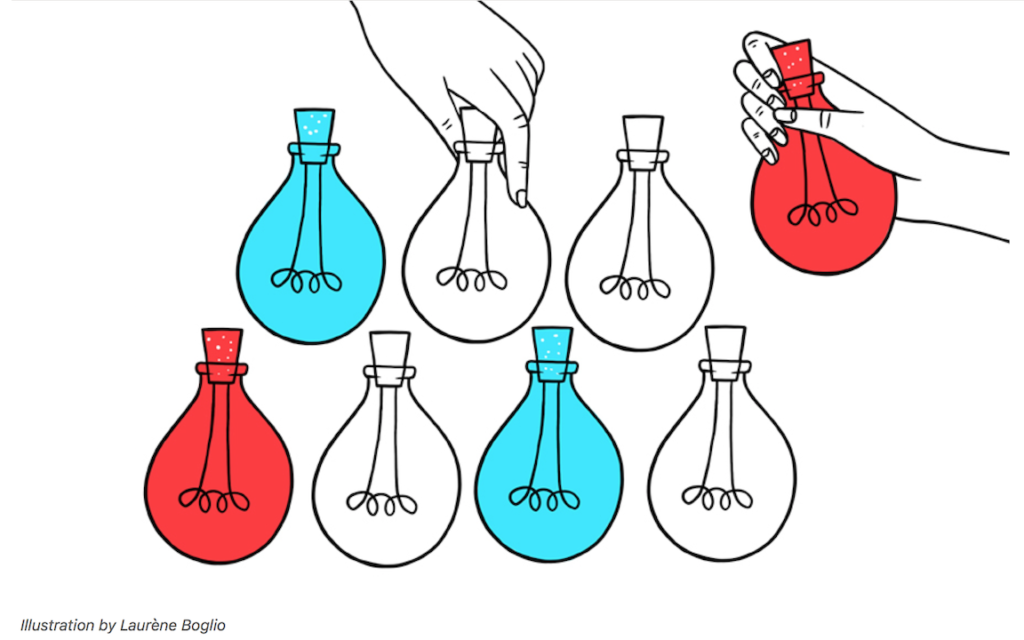I am putting part of this article on my web site because besides being on the spectrum over the years since entering the work world the professionals felt I had ADHD inattentive issues. I tried to over compensate by being very organized and used a systems approach in my work and personal life. I found the mediation I needed, the long lasting one to help me through out the day, was not covered by insurance at all. All treatment was out of my pocket. The short acting med that I would have to take every 4 hours caused me to crash mentally and I would want to sleep. So I did without. Like I say about out insurance system, if it is cheap and stupid they will cover it. I had force myself to be more focused. I did struggle with many of the issues mentioned in this article. – Greg
By Cynthia Hammer, MSW
Males & Inattentive ADHD
Inattentive ADHD in boys and men is rarely mentioned, but it does exist. When it goes undiagnosed and untreated, it causes great emotional, social, and often physical harm. The earlier a child’s inattentive ADHD is recognized, the less difficult the child’s life will be. Only six of the 24 men were diagnosed before age 18, (three at age 7, one at age 10, and two at age 16).
The age of diagnosis for the remaining eighteen is three men between 18-30, seven men between 30-40, four men between 41-50, three men between 51-60, and one man diagnosed when over 65.
There is a backlog of men and women with undiagnosed inattentive ADHD because it was not recognized during their childhood. I also hope reading about the experiences of men with inattentive ADHD will help adults to identify this disorder in themselves. Here are the nine symptoms of Inattentive ADHD as listed in the DSM-V, the manual of psychiatric diagnoses. An adult to be diagnosed with IA would need to have at least 4 symptoms to a degree and frequency that they significantly impact the adult’s life.
1. Makes careless mistakes/lacks attention to detail
2. Difficulty sustaining attention
3. Does not seem to listen when spoken to directly
4. Fails to follow through on tasks and instructions
5. Exhibits poor organization
6. Avoids/dislikes tasks requiring sustained mental effort
7. Loses things necessary for tasks/activities
8. Easily distracted (including unrelated thoughts)
9. Is forgetful in daily activities
Most of the men I interviewed were physicians, psychologists, and coaches who currently work with ADHD clients. A few worked in IT and the rest have an assortment of jobs. The sample is skewed toward professionals because I solicited most of my interviewees through LinkedIn. The sample is also skewed to those fairly satisfied with their lives, as I believe, otherwise, they would be reluctant to be interviewed. Many interviewees reported continuing problems with anxiety, depression, and low self-esteem. I only interviewed three men who were down on themselves and hated, with a passion, having ADHD.

